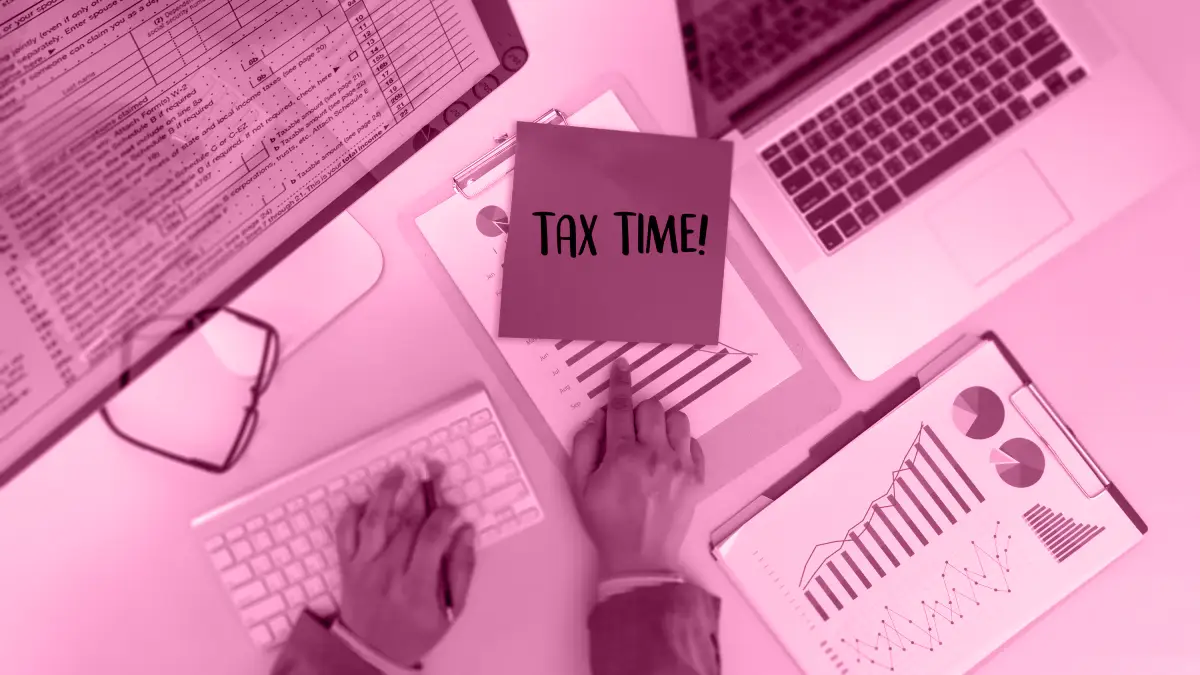The cryptocurrency market in India is experiencing rapid growth. However, it’s accompanied by numerous questions regarding taxation. But don’t worry, brave investors! This detailed guide is here to provide you with the necessary knowledge and tools on how to report cryptocurrency taxes in India. With this guide, you can confidently navigate the dynamic world of crypto taxes and successfully file crypto tax returns in India for the assessment year 2023-24.
Classification of Cryptocurrency
In India cryptocurrencies fall under the category of Virtual Digital Assets (VDAs) as per the Income Tax Act. VDAs encompass a range of assets, including information, code, numbers, or tokens generated through cryptographic methods. This broad classification covers types of assets like non-fungible tokens (NFTs) and tokens. However, it’s important to note that gift cards or vouchers do not fall under this classification, as VDAs.
t’s important to understand how taxes are applied to the gains you make from cryptocurrency to effectively manage your finances. Let’s take a look, at the specifics;
Tax Rate:
When you participate in cryptocurrency trading and earn profits those gains are subject to taxation at a fixed rate of 30% along, with a 4% cess. This taxation framework is outlined in Section 115BBH of the Income Tax Act. It’s essential to be aware of this tax rate so that you can accurately calculate and account for your cryptocurrency gains.
Tax Deducted at Source (TDS):
Understanding Tax Deducted at Source (TDS) is crucial for navigating crypto investments in India. Section 194S of the Income Tax Act mandates a 1% TDS on crypto asset transfers exceeding ₹50,000 annually, ensuring timely tax collection. However, it’s noteworthy that this threshold may vary, with some cases requiring TDS for transfers exceeding ₹10,000. Responsible platforms often handle TDS automatically, while buyers in peer-to-peer transactions shoulder the responsibility. Remember, TDS is an advance payment; consider your total crypto income and applicable tax rates for final liability calculation. By staying informed and complying with TDS regulations, you can invest confidently and enjoy a smooth crypto journey in India.
Short-Term vs. Long-Term
When you sell cryptocurrency after holding it for some time, the resulting profits are known as capital gains. Understanding the difference between short-term and long-term capital gains (STCG and LTCG) is crucial for making informed decisions and optimizing your tax position. Let’s differentiate between two types of capital gains:
Short-Term Capital Gains (STCG):
If you sell your crypto within 36 months of acquiring it, any profit you earn falls under the STCG category. In India, STCG from crypto is currently taxed at a flat rate of 30%, coupled with a 4% cess as per the provisions of Section 115BBH. This translates to a significant portion of your gains going towards taxes. Remember, this applies even if you hold for just a few days or months.
Long-Term Capital Gains (LTCG):
On the other hand, holding your crypto assets for over 36 months unlocks the benefits of LTCG. In India, LTCG on crypto enjoys a more favorable tax rate of 20%, without the indexation benefit (meaning you can’t adjust for inflation). Additionally, you can claim an exemption of up to ₹1 lakh on these gains, further reducing your tax burden.
Reporting Crypto Income in ITR:
Now, let’s focus on the crucial step on how to report cryptocurrency taxes in India. The approach varies depending on the ITR form you’ve selected. Here’s how you can report your crypto income for each form:
Reporting Capital Gains on ITR-2:
Within Schedule VDA:
- STCG:
- Use the “Short-Term Capital Gains” section.
- Clearly detail each transaction, including date, type, specific crypto involved, amount, rupee value, and net gain/loss.
- Apply the 30% tax rate to calculate your tax liability.
- LTCG:
- Use the separate “Long-Term Capital Gains” section.
- Follow the same procedure as STCG, but remember to factor in the ₹1 lakh exemption and 20% tax rate.
Reporting Capital Gains on ITR-3:
Within ITR-3, you’ll find multiple business income schedules. Identify the most relevant schedule based on your crypto activities (e.g., income from trading, mining, staking, etc.).
Moreover, aggregate the net gains/losses across all your crypto transactions to arrive at your total business income from crypto. This aggregated figure goes into the chosen business income schedule within ITR-3. Report it under the relevant head in the business income schedule.
Review and Submit:
Take the time to review each section of your tax return precisely, ensuring that all information provided is correct and up-to-date. Verify that you have accurately reported all your cryptocurrency transactions, including dates, amounts, prices, and any associated fees. Do not run from taxes its important that you report cryptocurrency taxes in India otherwise you may end receiving notices from income tax department
Bonus Tips:
Utilize Crypto Tax Software: There are many software that you can use one of them is catax which streamlines tax preparation with specialized techniques designed to track transactions, calculate taxes, and generate reports.
Maintain Clear Records: Document all crypto transactions throughout the year, including dates, amounts, prices, and fees, to ensure accurate reporting.
Stay Informed: Educate yourself on relevant tax laws and regulations, and seek guidance from tax professionals or online resources when needed.
FAQs on How to report cryptocurrency taxes in India
Yes, indeed, all cryptocurrency transactions must be reported on your tax return in India. Furthermore, this includes trading, exchanging, selling, or receiving cryptocurrencies as income. Consequently, the Indian government requires taxpayers to declare all such transactions to ensure proper taxation.
You should maintain records of all cryptocurrency transactions. Specifically, this includes purchase/sale invoices, receipts, exchange statements, wallet addresses, and any other relevant documents.
Cryptocurrency income should be reported under the head of “Income from Other Sources” in your income tax return form. Additionally, you need to disclose all cryptocurrency transactions, including gains or losses incurred.
Yes, it’s advisable to consult with a tax professional or chartered accountant for personalized guidance on cryptocurrency tax reporting in India. Tax laws related to cryptocurrencies can be complex and subject to change, so professional assistance can ensure compliance and accurate reporting.
Failure to accurately report cryptocurrency transactions can lead to penalties and legal consequences, including tax evasion charges. It’s crucial to ensure compliance with tax laws to avoid any potential issues with the tax authorities.



